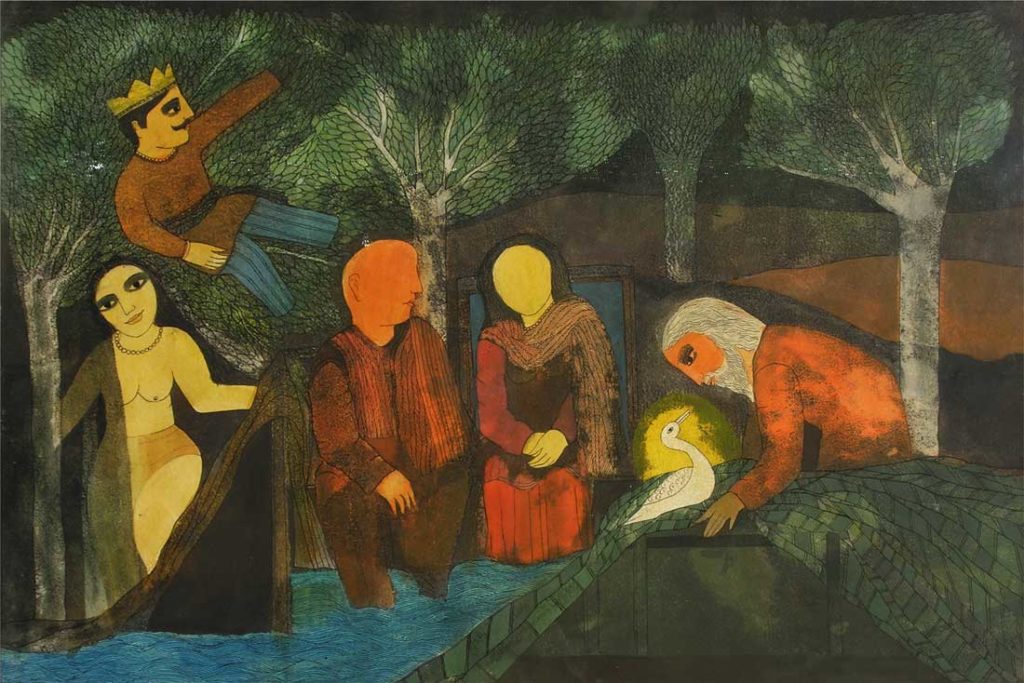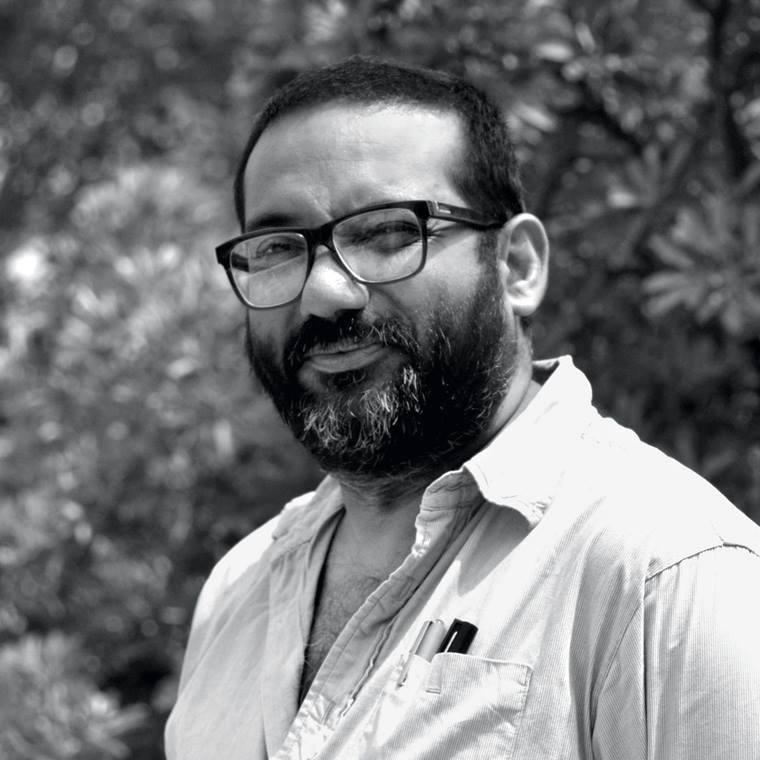
In the realm of Fine Art, few names resonate with raw expression and philosophical depth like Vikash Kalra. A contemporary Indian artist known for his emotive strokes and unconventional approach, Kalra has redefined the boundaries of sketching. To him, sketching is not merely a prelude to painting—it is a complete expression in itself, holding the same emotional weight and artistic value as a finished canvas.
Sketching as the Language of the Soul
For Vikash Kalra, sketching is the purest form of visual communication. Each stroke is intuitive, each figure a symbol of a deeper thought or emotion. While traditional Fine Art often categorizes sketches as preparatory or secondary, Kalra elevates them to standalone artworks, rich with character and intention.
His sketching process is spontaneous, meditative, and emotionally driven. Using charcoal, ink, or pencil, Kalra captures fleeting thoughts and feelings before they dissipate. In these sketches, there is no room for hesitation—just honest, unfiltered expression.
Breaking Convention in Fine Art
Historically, Fine Art has placed more emphasis on polished paintings and grand compositions. Kalra disrupts this hierarchy. His sketchbooks are treated with the same reverence as his canvases, often displayed in exhibitions not as studies, but as complete artistic statements.
This shift in perception challenges the traditional art narrative. Kalra proves that a minimalist sketch—devoid of color or texture—can speak volumes, sometimes even more than a fully rendered painting. His work invites viewers to feel the art, rather than just see it.
Philosophical Underpinnings of Kalra’s Sketches
At the heart of Kalra’s unique approach lies a philosophical inquiry into existence, identity, and spirituality. His sketches often explore human emotions, urban loneliness, divine symbolism, and metaphysical questions. In the tradition of great Fine Art masters, he uses art not just as a form of aesthetic beauty but as a means of introspection and intellectual dialogue.
This depth is what distinguishes his work in the contemporary art scene. His sketches are not about perfection—they are about presence. They document a moment, a thought, a breath of creative impulse, frozen in graphite or ink.
Influences and Evolution
Vikash Kalra’s journey in Fine Art is inspired by a rich tapestry of influences. From the bold minimalism of Picasso to the spiritual complexity of Indian mythology, Kalra blends the East and West, tradition and rebellion. His exposure to both classical techniques and modern experimentation has given rise to a hybrid style that is uniquely his own.
Yet, despite his influences, Kalra’s voice remains distinct. His sketches speak with urgency and confidence. They reflect years of practice, study, and spiritual exploration—all distilled into deceptively simple lines.
Sketching as a Bridge to Larger Works
Though Kalra considers sketching a complete practice, it also serves as a vital bridge to his larger works. His paintings often originate from a small sketch—a fragment of a figure, a flicker of an idea. These sketches become the blueprint for expansive canvases, where color and texture amplify the original emotion.
In this way, sketching becomes an essential part of his Fine Art process. It’s where ideas are born, tested, and refined. Yet many of these initial sketches are so compelling in their raw form that they often remain untouched, presented as finished pieces in their own right.
Materials and Techniques
Kalra’s sketching tools are simple—pencils, charcoal, ink, and paper. But in his hands, these tools transcend their basic function. His line work is bold and rhythmic, marked by spontaneity and fluid motion. Whether he’s sketching a solitary figure or a chaotic cityscape, the energy is always palpable.
What sets Kalra apart in the Fine Art space is his refusal to overwork a piece. He knows when to stop—when a line says enough, when a blank space becomes as meaningful as a mark. This restraint is a rare skill and a hallmark of artistic maturity.
Emotional and Cultural Resonance
Though rooted in personal experience, Vikash Kalra’s sketches often reflect broader cultural themes. He draws from India’s complex urban landscapes, spiritual traditions, and mythological stories. This cultural context enriches his Fine Art, giving it layers of meaning that resonate with audiences across the world.
His human figures—often distorted, fragmented, or abstract—evoke empathy. They speak of isolation, connection, struggle, and transcendence. In every stroke, Kalra reveals something both deeply personal and universally human.
Fine Art in a Digital World
In an era where digital art and AI-generated visuals dominate the scene, Kalra’s handmade sketches feel revolutionary. He champions the tactile nature of traditional Fine Art, where each smudge and imperfection adds authenticity. His sketches resist the digital polish that now defines much of visual culture, offering instead a return to raw, human creativity.
This analog purity has won him admiration among critics, curators, and collectors. For them, Kalra’s sketches represent not just a body of work, but a philosophy—an insistence on the value of process, honesty, and the artist’s hand.
Influence on Contemporary Artists
Kalra’s approach has had a significant impact on a new wave of contemporary Indian artists. By highlighting sketching as a serious and respected form of Fine Art, he has opened up a dialogue about what constitutes a finished work. Many young artists now view sketchbooks as exhibition-worthy, thanks in part to Kalra’s example.
He has also contributed to a cultural shift where emotional honesty in art is valued over technical perfection. His influence is felt in studios and galleries alike, encouraging experimentation, vulnerability, and depth.
Conclusion: Redefining Fine Art Sketching
Vikash Kalra has reimagined what sketching can be within the landscape of Fine Art. His unique approach defies categorization—it is minimalist yet profound, spontaneous yet intentional. Whether seen as a process, a practice, or a product, his sketches embody the spirit of artistic freedom.
In elevating sketches to the same status as large-format paintings, Kalra reminds us that true art lies not in the size or medium, but in the emotion it evokes and the message it carries. His work stands as a testament to the power of line, the beauty of imperfection, and the enduring relevance of traditional fine art in a modern world.

Vikash Kalra is a self-taught artist and writer based in New Delhi whose work has been exhibited across India and is held in several private and corporate collections.